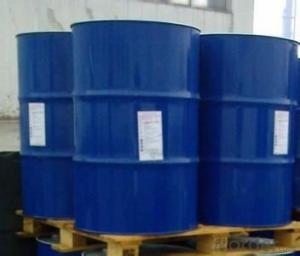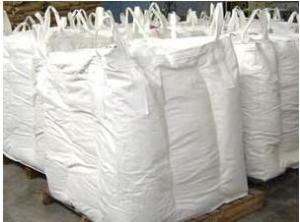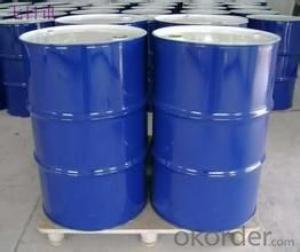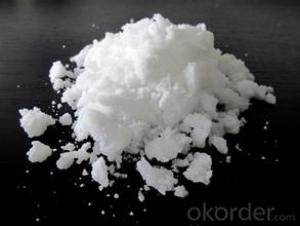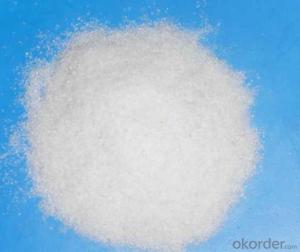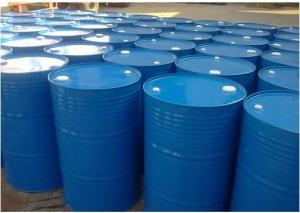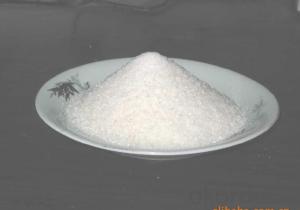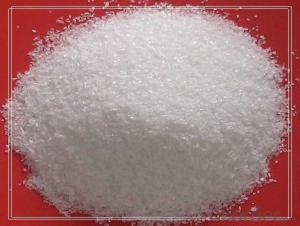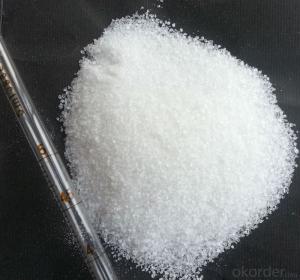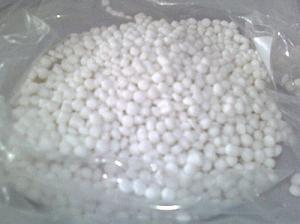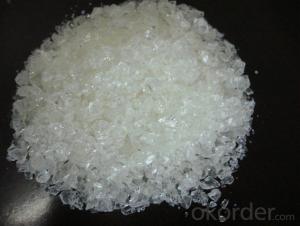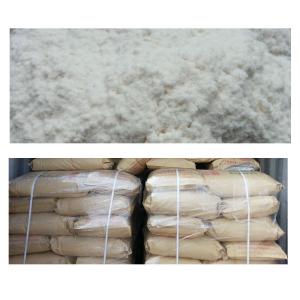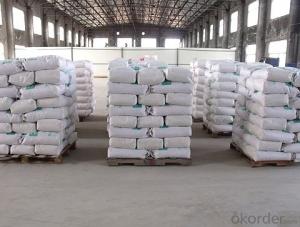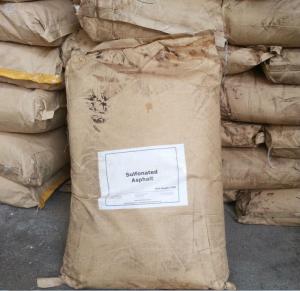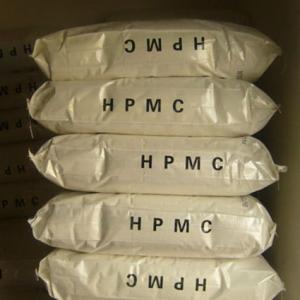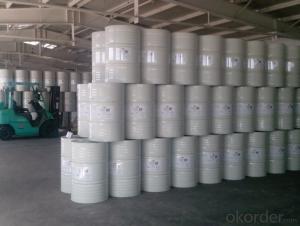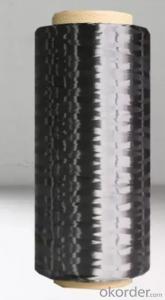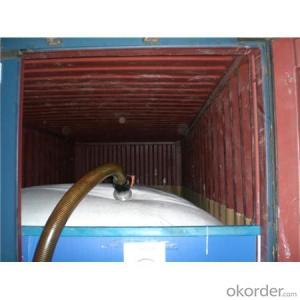All Categories
- - Steel Wire Rod
- - Steel Coils
- - Steel Profiles
- - Steel Pipes
- - Stainless Steel
- - Tinplate
- - Special Steel
- - Steel Sheets
- - Steel Rebars
- - Steel Strips
- - Hot Rolled Steel
- - Cold Rolled Steel
- - Pre-painted Steel
- - Seamless Steel Pipe
- - Welded Steel Pipe
- - Hollow Steel Tubes
- - Galvanized Pipe
- - Stainless Steel Coil
- - Stainless Steel Sheet
- - Stainless Steel Plate
- - Stainless Steel Strips
- - Electrolytic Tinplate Coil
- - Electrolytic Tinplate Sheet
- - Stainless Steel Rebars
- - Solar Panels
- - Solar Water Heater
- - Solar Related Products
- - Solar Inverter
- - Solar Cells
- - Solar Light
- - Solar Energy Systems
- - Solar Controllers
- - Solar Mounting System
- - Solar Pump
- - Solar Chargers
- - Fiberglass Chopped Strand
- - Fiberglass Mesh Cloth
- - Composite Pipes
- - FRP Pultrusion Profiles
- - Fiberglass Mat Tissue
- - Fiberglass Fabrics
- - Fiberglass Mesh
- - Composite Tank
- - Fiberglass Mesh tape
- - Polymer
- - FRP Roofing Panel
- - Fiberglass Roving
- - Monolithic Refractories
- - Ceramic Fiber Products
- - Refractory Bricks
- - Raw Materials For Refractory
- - Suspended Platform
- - Cranes
- - Concrete Machinery
- - Earthmoving Machinery
- - Building Hoist
- - Road Building Machinery
- - Plastic Pipe Fittings
- - Plastic Tubes
- - Plastic Sheets
- - Agricultural Plastic Products
- - Plastic Nets
 All Categories
All Categories
Q & A
How do polymers interact with solvents?
Polymers interact with solvents through various mechanisms such as dissolution, swelling, and complexation. The strength and nature of this interaction depend on factors like the polymer's chemical structure, molecular weight, and the solvent's polarity and solubility parameters. In some cases, solvents can break polymer chains, leading to dissolution, while in others, polymers may absorb solvent molecules and swell. Additionally, polymers can form complexes with solvents through hydrogen bonding or other intermolecular forces, altering their physical and chemical properties. Overall, the interaction between polymers and solvents is complex and highly dependent on the specific polymer-solvent pair.
What are the main challenges in polymer-based drug delivery systems for cancer treatment?
The main challenges in polymer-based drug delivery systems for cancer treatment include achieving efficient drug release at the tumor site, overcoming biological barriers, ensuring biocompatibility and stability of the polymers, minimizing systemic toxicity, and achieving targeted drug delivery to cancer cells while avoiding healthy tissue. Additionally, the development of polymers with the desired properties, such as controlled drug release, tunable degradation, and long circulation time, remains a challenge.
What are the properties of conductive polymers?
Conductive polymers are a class of materials that possess unique properties such as electrical conductivity, flexibility, and ease of processing. These polymers can conduct electricity due to the presence of conjugated π-electron systems, which allow for the movement of charge carriers within the material. Unlike traditional conductors, conductive polymers can be easily fabricated into various shapes and forms, making them suitable for applications in flexible electronics and wearable devices. Additionally, conductive polymers often exhibit high environmental stability, corrosion resistance, and low toxicity, making them favorable for use in various industries including electronics, energy storage, and biomedicine.
What are the advantages of using polymers in electronics?
The advantages of using polymers in electronics are numerous. Firstly, polymers offer excellent flexibility and can be molded into various shapes and sizes, making them ideal for use in flexible electronics such as wearable devices and bendable screens. Secondly, polymers are lightweight, which is beneficial in portable electronic devices where weight reduction is crucial. Additionally, polymers possess good thermal and electrical insulation properties, making them suitable for insulation and protection of electronic components. Lastly, polymers are often cost-effective to produce, allowing for the mass production of electronics at a lower cost compared to traditional materials like metals.
Wholesale Polymer from supplier in Palau
We are dedicated to providing excellent customer service and meeting all of your Polymer product needs. Our team is committed to assisting you throughout the entire process, from sales and quotation to technical support.
Palau's unique natural beauty and thriving culture make it an ideal location for our operations. We have a deep understanding of the local market dynamics and can provide tailored solutions that meet your specific requirements.
We take pride in our extensive network of suppliers and our commitment to high-quality Polymer products that meet international standards. Our team stays up-to-date with the latest Polymer technology advancements, ensuring that we can offer you innovative and sustainable solutions for your projects in Palau.
Choose Palau Polymer Solutions as your partner and experience the difference. Contact us today for all of your Polymer needs in Palau, and let us help you succeed.
Palau's unique natural beauty and thriving culture make it an ideal location for our operations. We have a deep understanding of the local market dynamics and can provide tailored solutions that meet your specific requirements.
We take pride in our extensive network of suppliers and our commitment to high-quality Polymer products that meet international standards. Our team stays up-to-date with the latest Polymer technology advancements, ensuring that we can offer you innovative and sustainable solutions for your projects in Palau.
Choose Palau Polymer Solutions as your partner and experience the difference. Contact us today for all of your Polymer needs in Palau, and let us help you succeed.
Hot Search
- Fiberglass Chopped Strand in Jordan
- Fiberglass Mesh Cloth in Dominica
- Composite Pipes in Guyana
- FRP Pultrusion Profiles in Brazil
- Fiberglass Mat Tissue in Venezuela
- Fiberglass Fabrics in Cambodia
- Fiberglass Mesh in Uzbekistan
- Composite Tank in Comoros
- Fiberglass Mesh tape in Maldives
- Polymer in Argentina
